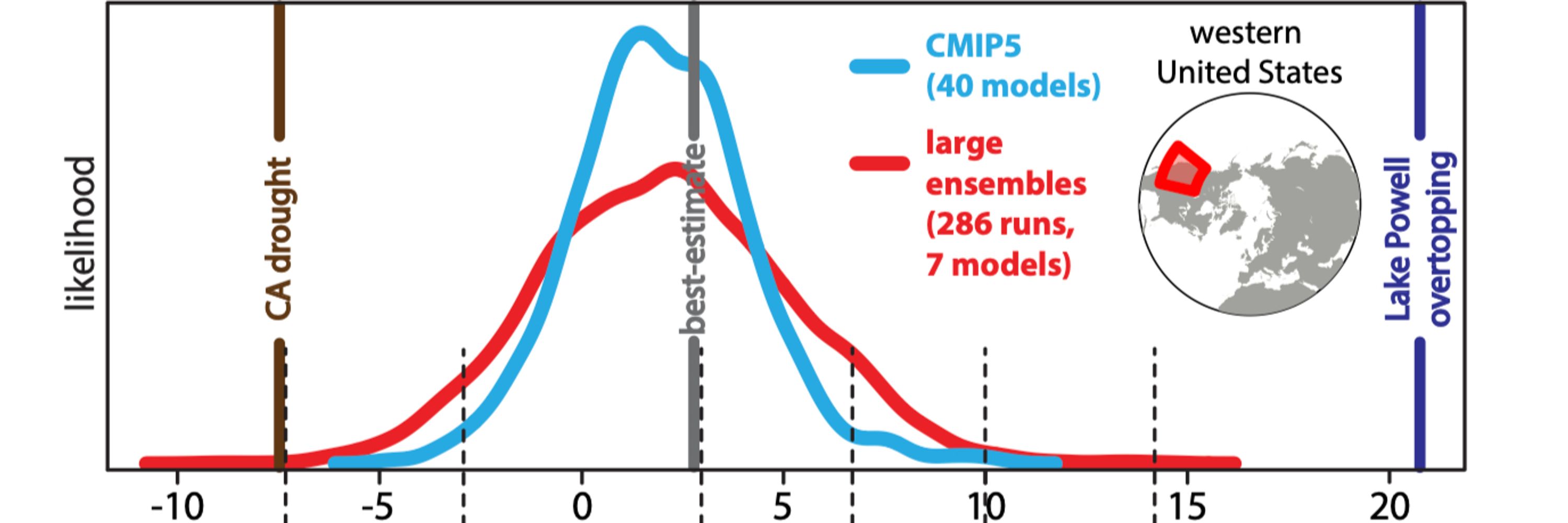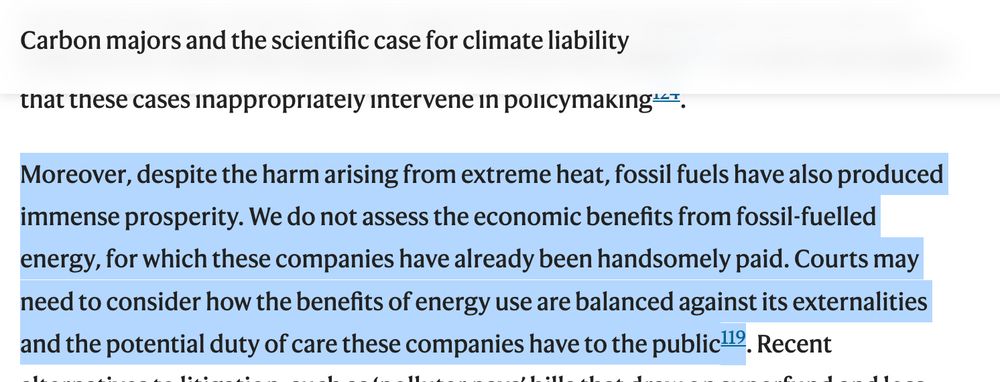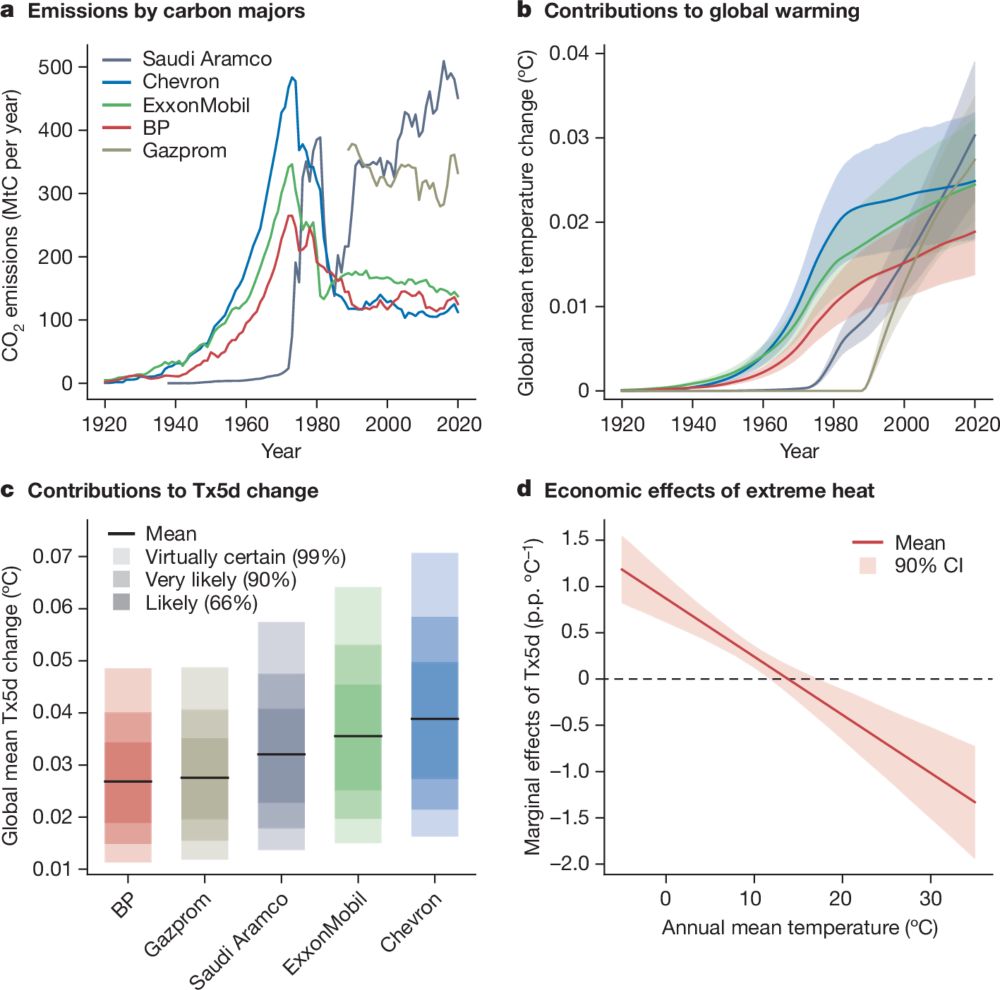
Justin S. Mankin
@jsmankin.bsky.social
climate scientist || documenting and predicting climate impacts || professor @dartmouth
https://geography.dartmouth.edu/people/justin-s-mankin
https://jsmankin.github.io/
https://geography.dartmouth.edu/people/justin-s-mankin
https://jsmankin.github.io/
Noteworthy that this type of analysis would not be much harder without an emissions reporting mandate.
September 13, 2025 at 3:39 PM
Noteworthy that this type of analysis would not be much harder without an emissions reporting mandate.
See below, from the article itself (rather than AI) — you should read it!
I would gently offer that creating human benefit does not absolve you of the harms you also create. One can see that, in say, the pharmaceutical industry being held to account for the opioid crisis.
I would gently offer that creating human benefit does not absolve you of the harms you also create. One can see that, in say, the pharmaceutical industry being held to account for the opioid crisis.

April 28, 2025 at 6:39 PM
See below, from the article itself (rather than AI) — you should read it!
I would gently offer that creating human benefit does not absolve you of the harms you also create. One can see that, in say, the pharmaceutical industry being held to account for the opioid crisis.
I would gently offer that creating human benefit does not absolve you of the harms you also create. One can see that, in say, the pharmaceutical industry being held to account for the opioid crisis.
As a former GISS postdoc, this is such a bummer, not least of which because the disruption and ambiguity can easily become a pretense for laying off many more highly trained and talented scientists dedicated to the public good.
April 25, 2025 at 4:49 PM
As a former GISS postdoc, this is such a bummer, not least of which because the disruption and ambiguity can easily become a pretense for laying off many more highly trained and talented scientists dedicated to the public good.
Great point—please see here: rdcu.be/ei0T5

Carbon majors and the scientific case for climate liability
Nature - A transparent and reproducible scientific framework is introduced to formalize how trillions in economic losses are attributable to the extreme heat caused by emissions from fossil fuel...
rdcu.be
April 24, 2025 at 12:32 PM
Great point—please see here: rdcu.be/ei0T5
What would be strange? The counterfactual is simply a world where one emitter forgoes their emissions.
April 23, 2025 at 6:57 PM
What would be strange? The counterfactual is simply a world where one emitter forgoes their emissions.
In it we show the trillions of dollars of economic losses from extreme heat caused by the emissions of individual carbon majors.
That’s from just one hazard. The scope of loss, while massive, is just the tip of the iceberg.
We are systematically underestimating the costs of climate change.
That’s from just one hazard. The scope of loss, while massive, is just the tip of the iceberg.
We are systematically underestimating the costs of climate change.
April 23, 2025 at 3:26 PM
In it we show the trillions of dollars of economic losses from extreme heat caused by the emissions of individual carbon majors.
That’s from just one hazard. The scope of loss, while massive, is just the tip of the iceberg.
We are systematically underestimating the costs of climate change.
That’s from just one hazard. The scope of loss, while massive, is just the tip of the iceberg.
We are systematically underestimating the costs of climate change.
"What's that? The 10% that accounts for 60% of the country's wealth accounts for 50% of spending?"
February 24, 2025 at 3:03 AM
"What's that? The 10% that accounts for 60% of the country's wealth accounts for 50% of spending?"

